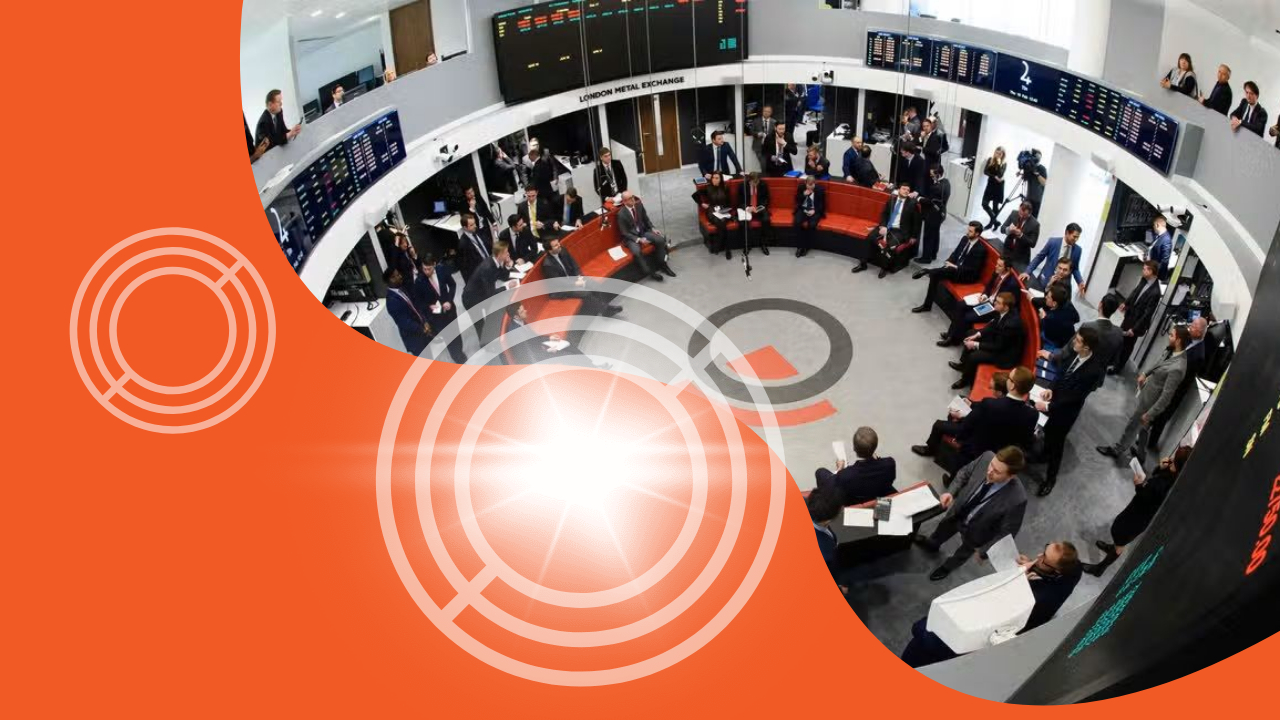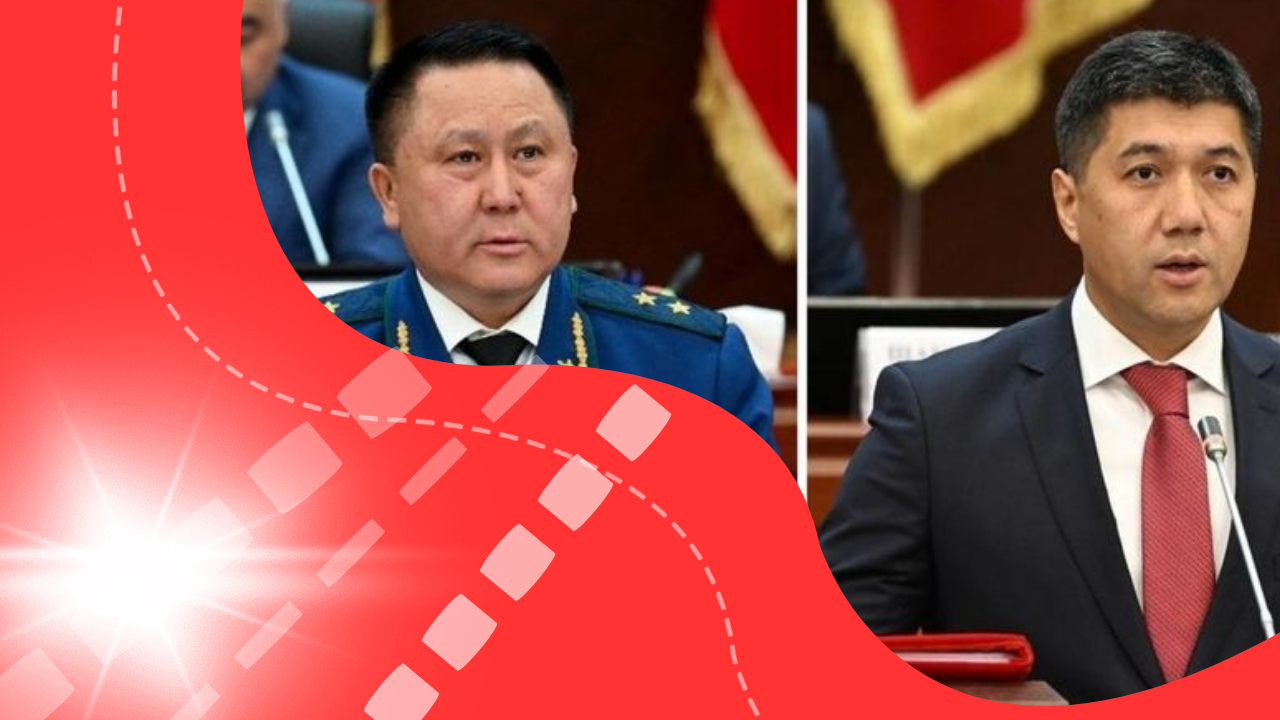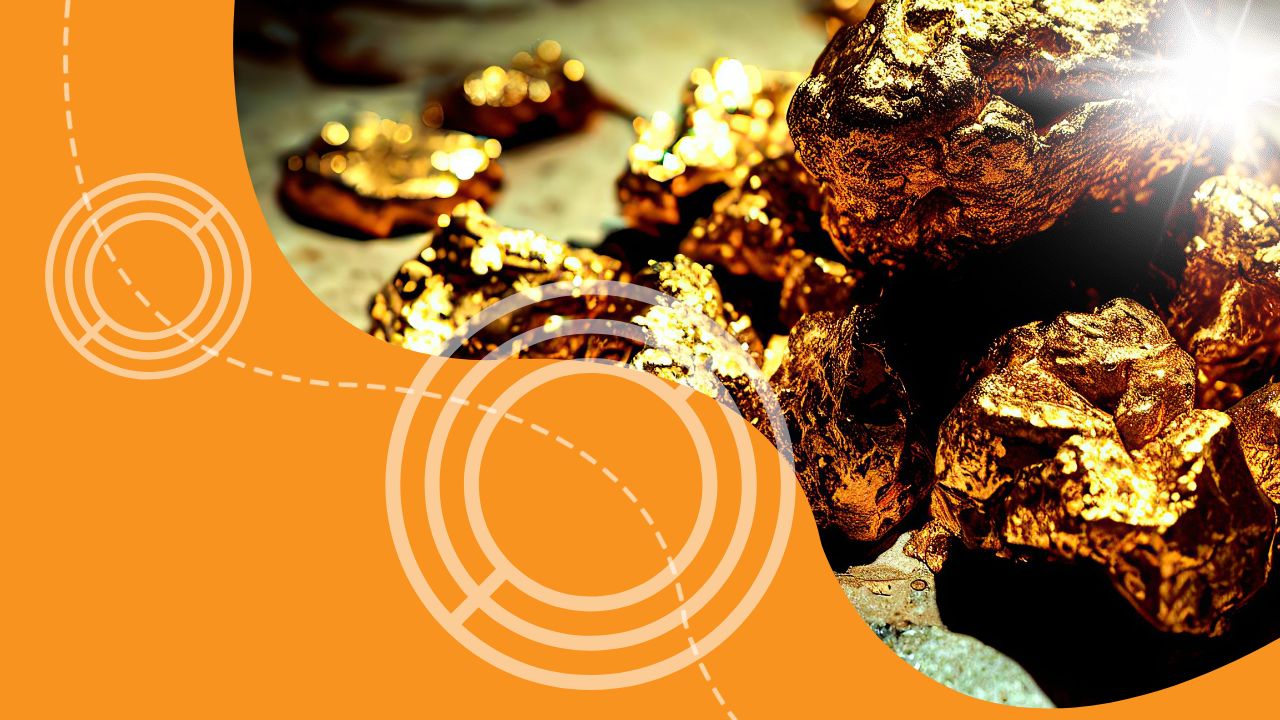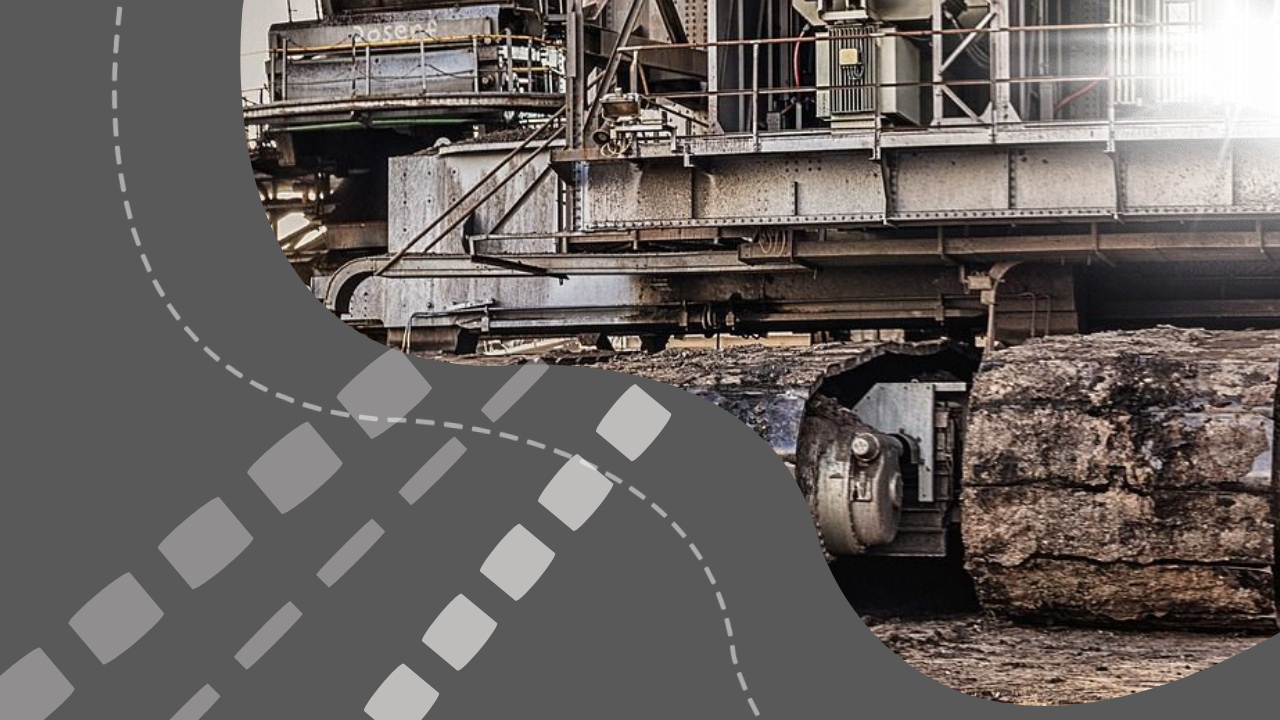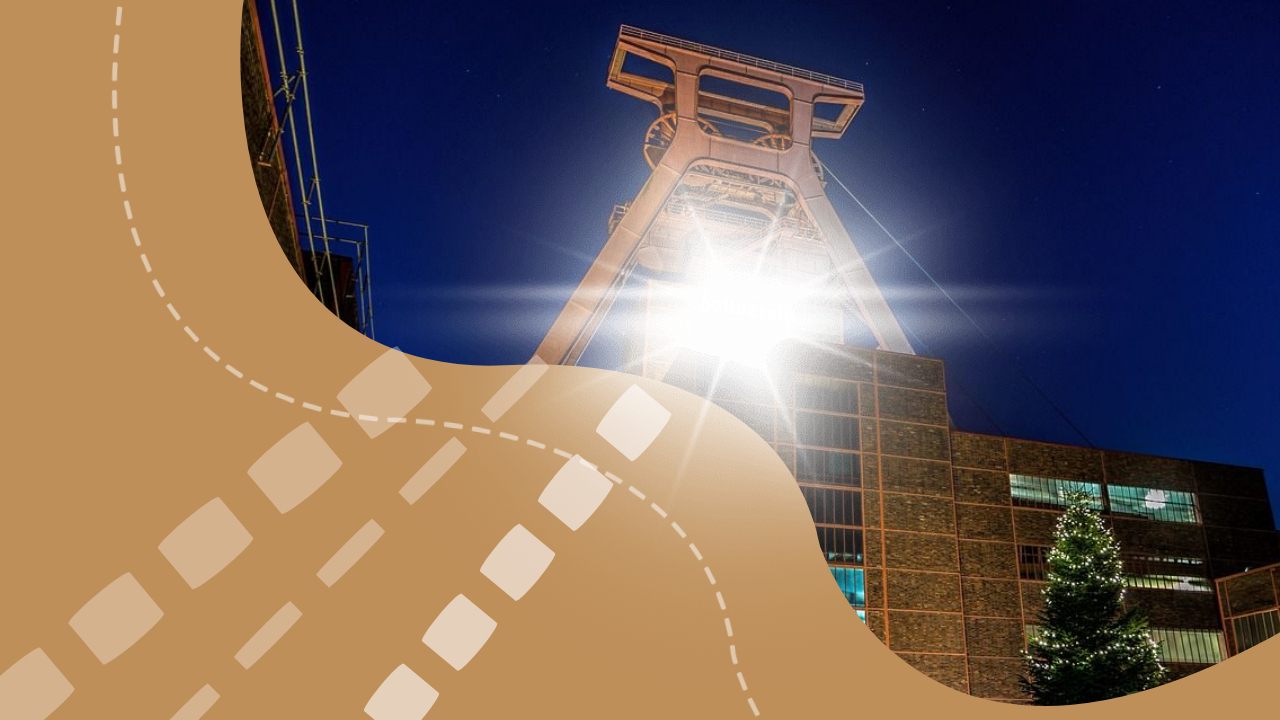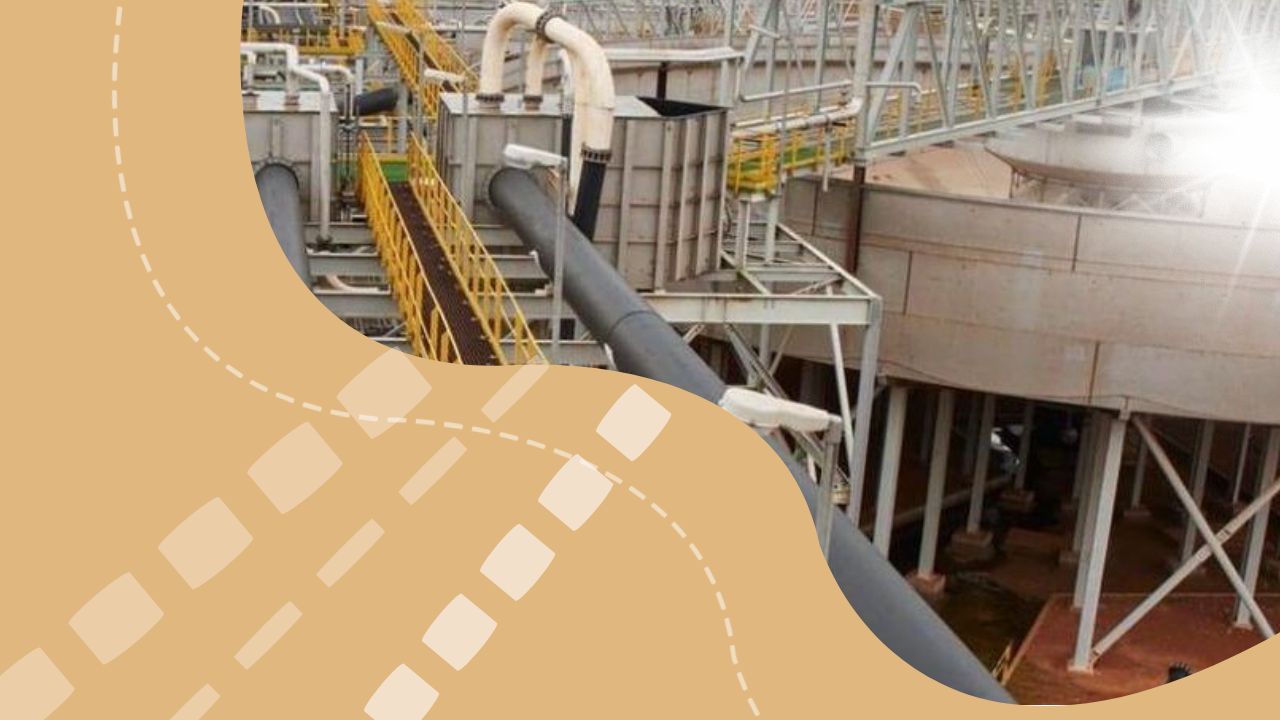The UK Government announced its support on Monday for a moratorium on the granting of exploitation licences for deep sea mining projects in an effort to aid the conservation of marine biodiversity.
The move comes just ahead of UN-affiliated International Seabed Authority (ISA) negotiations, also held on Monday in Jamaica, and one month ahead of the international climate summit COP28.
The moratorium seeks to suspend exploration rights for the mining of critical minerals and precious metals from below the seabed by the ISA. The government will not support the issuing of any licences until “sufficient scientific evidence” is made available to assess the potential impact of deep sea mining activities on marine ecosystems, the Department for Environment, Food and Rural Affairs said in a statement. It added that the suspension will stand until strong, enforceable environmental regulations, standards and guidelines have been developed and adopted by the ISA.
The government also announced the deployment of a UK-based environmental science expert network on deep sea mining to further assess available data on the impacts of the industry.
Environment Secretary Thérèse Coffey said: “We will use our scientific expertise to fully understand the impact of deep sea mining on precious ecosystems; and in the meantime, we will not support or sponsor any exploitation licences.” She added that the moratorium will run parallel to the government’s wider efforts to conserve and enhance marine habitats around the world.
The UK’s Environmental Audit Committee said in a statement that it welcomes the government’s decision. Committee chair, MP Philip Dunne, said: “As far back as 2019 our committee has warned that deep sea mining would have catastrophic impacts on habitats and species. As we approach net zero and the need to transition to a clean economy, the demand on precious resources that can be extracted by deep sea mining will inevitably increase.

